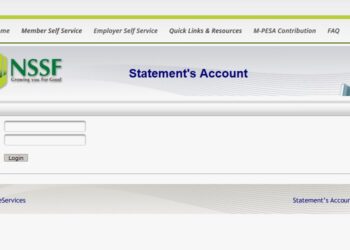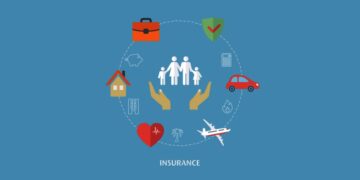In an age where our lives are increasingly intertwined with the digital realm, concerns about online privacy and internet surveillance have never been more relevant. The internet offers unparalleled convenience and access to information, but it also presents significant risks to our personal data and digital security. Governments, corporations, hackers, and even malicious individuals constantly seek to monitor and exploit our online activities. However, you can take proactive steps to safeguard your privacy and avoid internet surveillance.
Understanding the threat landscape
Before diving into privacy protection measures, it’s crucial to grasp the various threats you may encounter.
- Government surveillance: Governments around the world have implemented surveillance programs to monitor online communications. These can range from mass data collection to targeted surveillance.
- Corporate data collection: Companies often track your online behavior for marketing and data analytics. This data can be sold or misused, compromising your privacy.
- Cybercriminals: Hackers and cybercriminals constantly seek vulnerabilities to steal your personal information, such as login credentials, financial data, and more.
- Social engineering: Scammers may trick you into divulging sensitive information through deceptive emails, phishing attacks, or fraudulent websites.
- Data leaks: Even well-known companies can suffer data breaches, exposing your personal information to the public.
Secure your network
Your home network is the first line of defense against online surveillance. Ensure it’s protected.
- Strong passwords: Use complex, unique passwords for your Wi-Fi network and router. Change them regularly.
- Update firmware: Keep your router’s firmware up to date to patch security vulnerabilities.
- Enable WPA3 encryption: Use the latest encryption standards to protect your Wi-Fi network.
- Guest network: Set up a separate guest network for visitors to prevent them from accessing your devices and data.
Use a VPN (Virtual Private Network)
A VPN encrypts your internet connection, making it difficult for anyone to monitor your online activities.
- Choose a reputable VPN: Select a VPN service known for its strong encryption, no-logs policy, and a wide range of server locations.
- Enable kill switch: Ensure your VPN has a kill switch feature that disconnects your internet if the VPN connection drops, preventing data leaks.
- Regularly change VPN servers: Avoid using the same server location consistently to reduce predictability.
Secure your devices
Protect your devices from hacking attempts and data theft.
- Operating system updates: Keep your devices’ operating systems and software up to date to patch security vulnerabilities.
- Firewalls: Enable built-in firewalls on your devices to block unauthorized incoming traffic.
- Antivirus software: Install reputable antivirus and anti-malware software to detect and remove threats.
- Encrypt your data: Use full-disk encryption on your devices to protect your data in case of theft or loss.
Browsing anonymity
Enhance your online anonymity to reduce the chances of being tracked.
- Use Tor: The Tor network routes your internet traffic through multiple servers, making it extremely difficult to trace your online activities.
- Private browsing mode: Use private or incognito browsing modes to prevent cookies and browsing history from being saved.
- Browser extensions: Install privacy-focused browser extensions like HTTPS Everywhere, uBlock Origin, and Privacy Badger.
Email and messaging security
Secure your online communications.
- End-to-end encryption: Use messaging apps like Signal or WhatsApp that offer end-to-end encryption for text, voice, and video calls.
- Secure email services: Consider using encrypted email services like ProtonMail or Tutanota for sensitive communication.
Practice safe online habits
Your online behavior can greatly affect your privacy.
- Two-Factor Authentication (2FA): Enable 2FA wherever possible to add an extra layer of security to your accounts.
- Phishing awareness: Be cautious about clicking on links or downloading attachments from unverified sources.
- Limit sharing: Minimize the personal information you share on social media and other online platforms.
- Use strong, unique passwords: Implement a password manager to generate and store complex, unique passwords for all your accounts.
Conclusion
In today’s interconnected world, safeguarding your online privacy is essential. By understanding the threats, securing your network, using a VPN, protecting your devices, browsing anonymously, and practicing safe online habits, you can significantly reduce the risk of internet surveillance. Remember that privacy is an ongoing commitment, and staying informed about evolving threats and privacy tools is crucial to maintaining your digital freedom.















